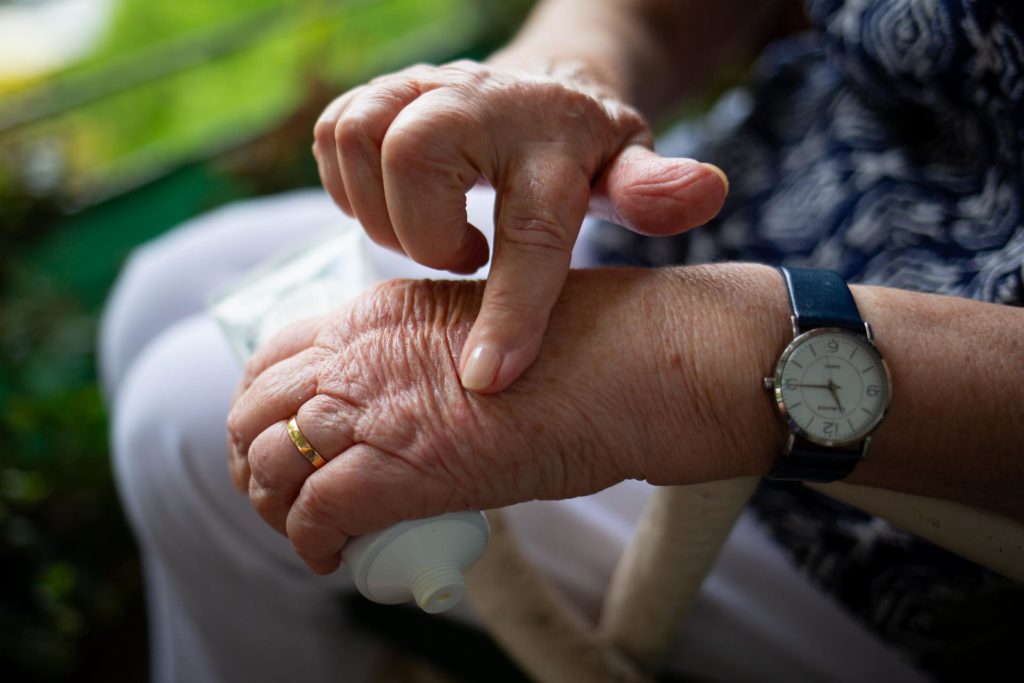
Currently, there are no cures for rheumatoid arthritis (RA), which affects 40,000 people in Ireland. The disease costs an estimated €20,000 per patient per year, with an overall cost to the health system of approximately €544 million.
Only 1 in 4 patients achieve remission, and a significant proportion of patients have suboptimal responses or no response at all to currently available therapies. Since it is impossible to predict who will develop severe, erosive disease and who will respond to treatment, a trial-and-error approach prevails, leading to potential irreversible joint damage before the patient has received the correct treatment.
Researchers at Trinity College Dublin and St Vincent’s University Hospital have published a study on the site of inflammation in RA. The study aims to improve understanding in order to develop new treatment strategies or predictive biomarkers. This could lead to the potential for a more personalized approach to medicine. The study is published in the journal Science Advances.
The research team conducted a thorough investigation of a specific group of cells known as “macrophages” that are found in the synovium of patients with rheumatoid arthritis (RA), individuals at risk of RA, and healthy individuals. For the first time, the researchers showed the presence of a dominant subtype of macrophages (CD40-expressing CD206+CD163+) in the inflamed synovium of RA patients. This subtype was significantly associated with disease activity and how well the patients responded to treatment.
The team identified that these cells are resident in the joint and play a protective role in health. However, in disease—for reasons we are unsure of—they become pro-inflammatory and release proteins called cytokines that induce inflammation. They also have the ability to activate the invasive fibroblast cell type, which leads to cartilage and bone destruction.
Researchers have found that the pro-inflammatory state of these macrophages is sustained by particular signalling and metabolic pathways within the joint. Targeting these pathways may lead to the resolution of inflammation. Importantly, the team discovered that these changes in the macrophage state occurred before the onset of the disease.